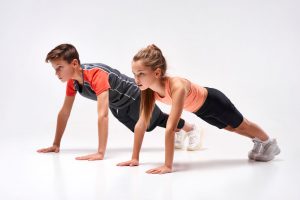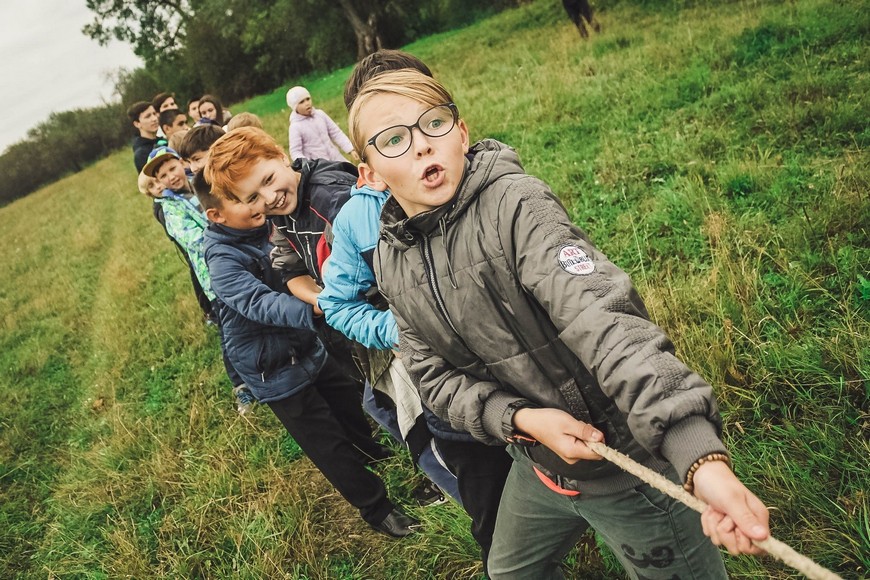Physical literacy is crucial for all ages and should be a high priority throughout life. Whilst it is commonly perceived that it is only developed in childhood, aspects of physical literacy can be improved throughout our lifespan. There are elements that are specific to particular phases of life and athletic development but you are never beyond improving skills to maintain and facilitate an active lifestyle. The Australian Physical Literacy Framework released by Sport Australia (2019) explains the physical, social, cognitive, and psychological outcomes derived from physical activity and its importance in encouraging a more active lifestyle for Australians.

Physical activity is crucial for all areas of development. From a physical perspective, it is important for developing balance, flexibility, co-ordination, and reactions. These skills are also intertwined with confidence and skill development over time. Psychologically learning to deal with challenges, achievement, failure, and persistence begins from a very young age. We want to encourage children to try new skills and instill an understanding of practice for improvement.
Cognitive development also relates to these factors. It is important for children to learn about risk, safety, reasoning, and perceptual awareness. If we focus too much on avoiding or preventing children from taking small risks we limit their ability to develop skills to assess situations and make decisions. Take balance for example. When you are first allowing your toddler to challenge their balance skills start by holding their hands. As their skill and confidence grows progress to just being ready to catch if required, and soon you will be providing moral support, not physical. This allows them to build confidence in their own ability.
Social development also relates to physical literacy, particularly in the playground. Learning to take turns, co-operate with others and share equipment are important skills for effective social interactions, even from a very young age. Sharing and learning to wait for your turn are difficult lessons for children but when this is instilled from a very early age it becomes a habit and makes for a much smoother transition to pre-school.
Physical literacy and fundamental motor skills are the big blocks in the foundations of healthy human development. So much of this is dependent on the opportunities that are provided in those early years. It’s important to be involved in these activities with your child, don’t just watch from the sidelines.
The introduction of this new Physical Literacy Framework should help to shape future health and education policies. It is also noteworthy that increasing the focus on physical literacy throughout the lifespan will also have a positive impact on the mental health status of Australians.
There is so much conflicting information about health and exercise, and as parents, we all want what is best for our children. The important thing to remember is always to ensure that your sources of information are reputable and provided by qualified professionals in the relevant field of expertise.

